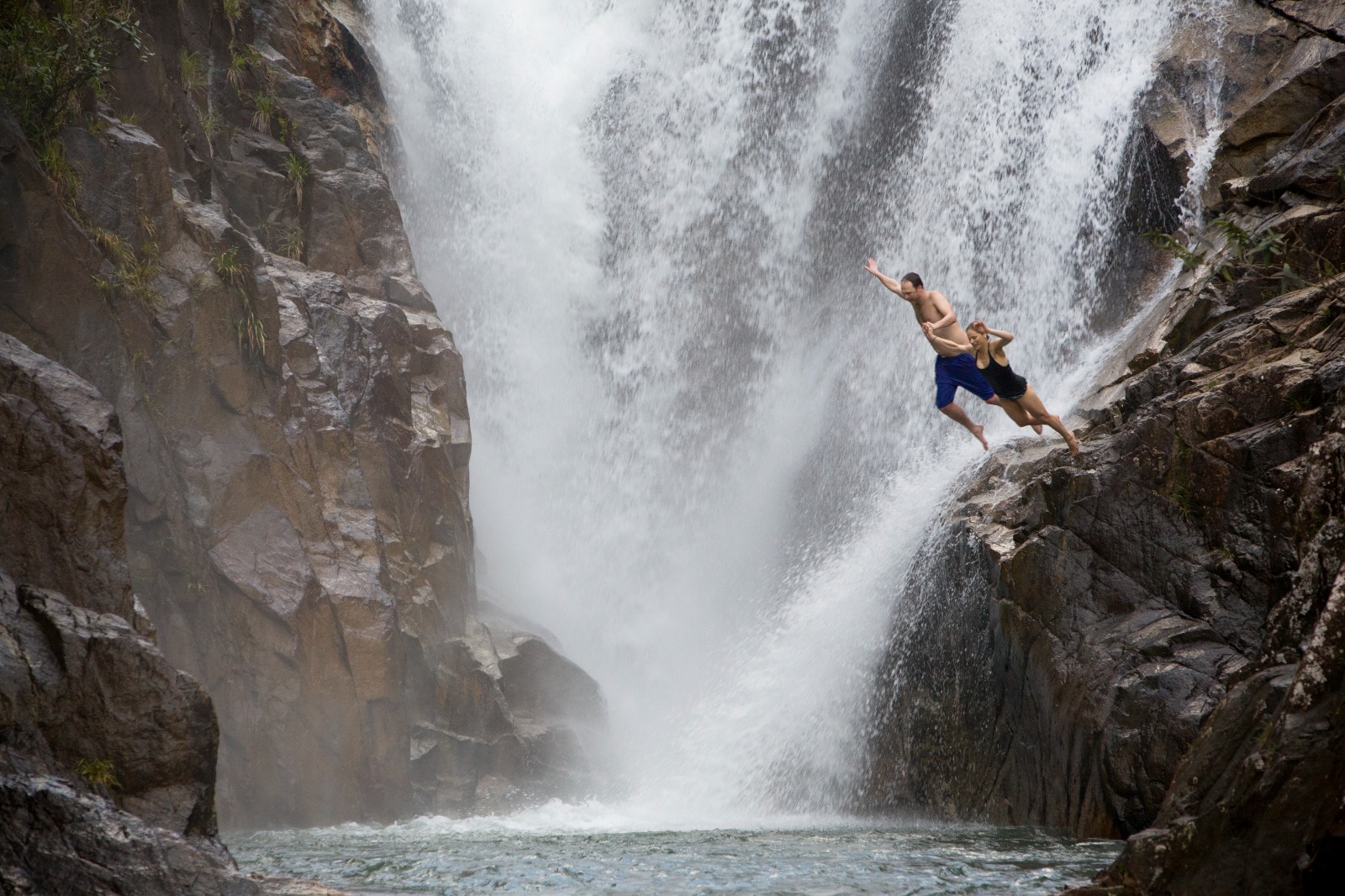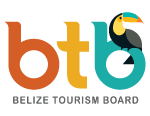Resolute

The end of a year is about opportunity. Right? When we count down the last ten seconds of one year, we try to step into the new one well dressed, with fireworks overhead, champagne in hand, and in fine form. Those last ten seconds are powerful because they are filled with intention, promise, relief, and new resolve. No matter what the last year was like, we try to meet the new one more focused than before. If nothing else, those last ten seconds embolden us to meet, welcome, and confront the new year with moxie. We are suddenly full of hope for new chances. During those final moments on New Year’s Eve, we bestow new opportunities unto ourselves needing no one’s permission and having no particular guarantees.
That begs the question- how do we stick to our New Year resolutions? Are some resolutions easier than others or are some people just more resolved? Perhaps personal goals are more difficult to accomplish than business goals. Business goals are more practical and strategic. They include creating realistic organizational processes, networking, updating business plans, learning outsourcing, and advancing an online presence. In business, the bottom line is about how we improve the triple bottom line which considers social, environmental, and financial impacts. The Ministry of Tourism and Diaspora Relations (MTDR) is resolved to accomplish a major resolution that should last about six to seven years. This month the MTDR will release the revised National Sustainable Tourism Master Plan (NSTMP) – a strategy and a wish for the tourism industry.
The updated NSTMP is the industry’s 2024 New Year resolution. Some of us make our resolutions in those final, delightful ten seconds; however, the tourism industry has to be a bit more steadfast than that. Starting in February of 2022, the implementation timeline for the new plan is from 2024-2030. Many personal resolutions may only last a few weeks with our individual conscience helping to decide the strictly subjective changes. For this important national plan, the MTDR and the BTB consulted with the University of Belize (UB) and the University of Melbourne (Australia). This consortium marked the first time UB was tapped to lead such an important national strategy. It is a role that Minister Anthony Mahler believes in and insisted that the national university play in the revision process. The need to revise and create new industry objectives occurred after the socio-economic shock to the tourism sector during the COVID-19 pandemic. Belize took a step back to re-assess its long-term plan for tourism development. This reflection has helped to ensure that the country remains aligned with industry trends and priority development factors. Some key updates made by the UB/UM team include a comprehensive integration of climate resilience building for the sector, which was previously missing in the original NSTMP, as well as an updated spatial framework under which planning and development are to be undertaken. The latter includes the design and development of GIS-based maps and content to support planning and monitoring of tourism development. Additionally, the 2024-2030 plan re-prioritizes product development by establishing an action plan for tourism initiatives and development for the next six years.
The countdown for the revised National Sustainable Tourism Master Plan has begun. It is a tourism plan that promises opportunity and change, formed from dreams and direction, celebration and collaboration, auspiciousness and academia – it is for “Auld Lang Syne” and a resolution that will last well into the future.
Chat again later.
Jasmine Anderson
For the Belize Tourism Board
